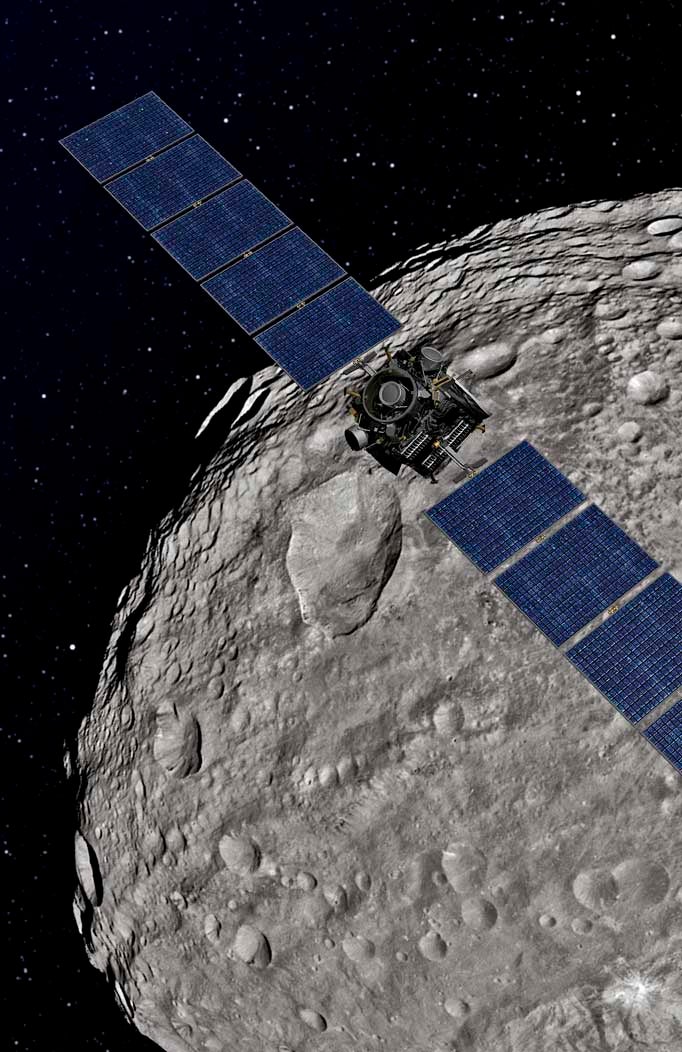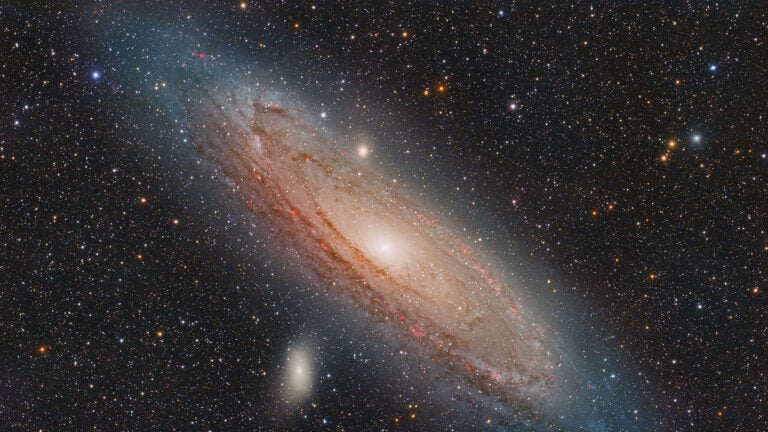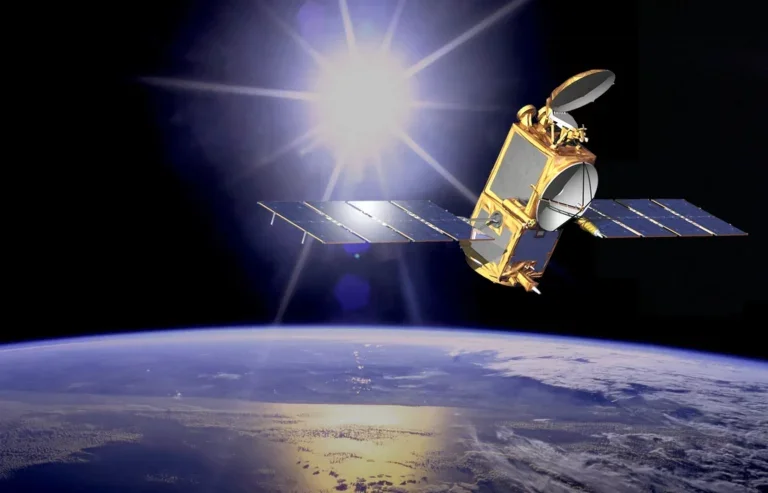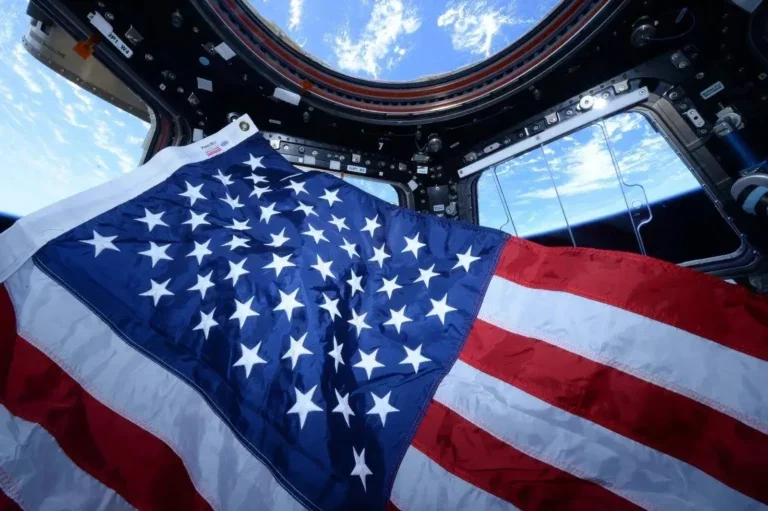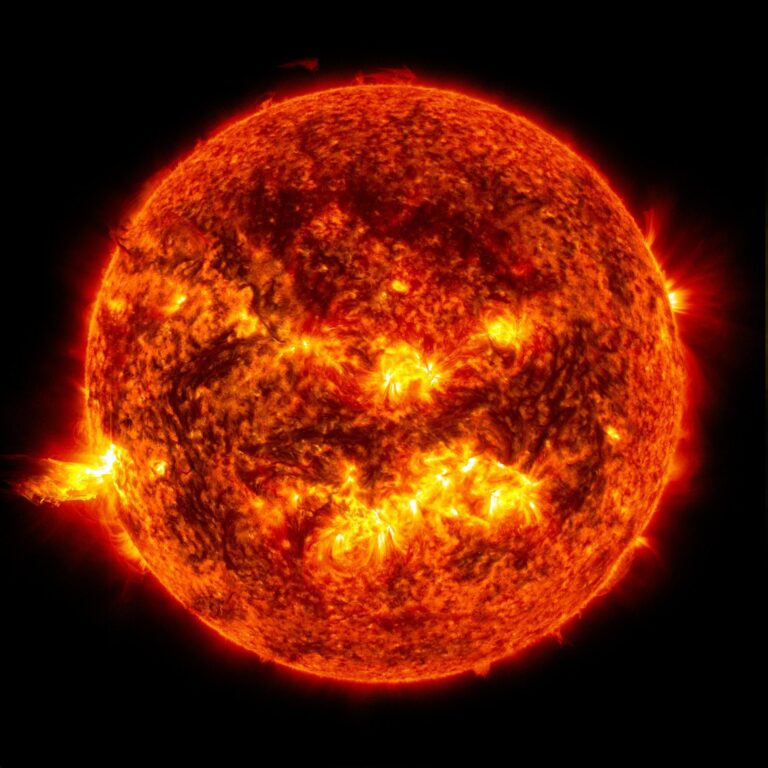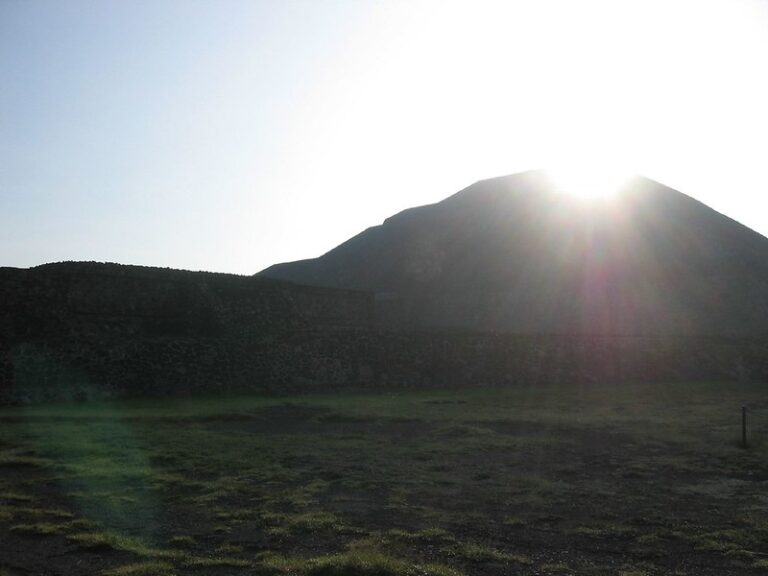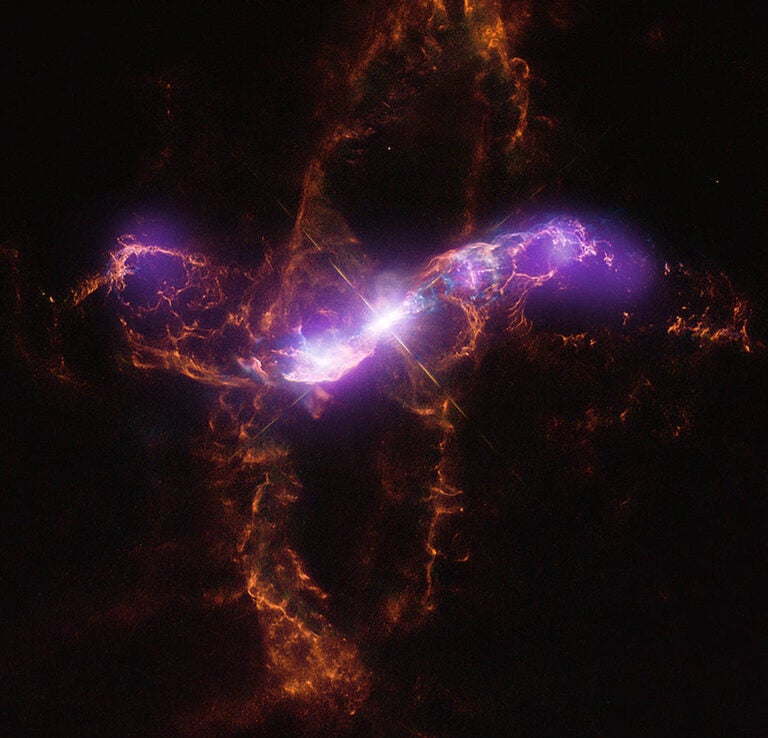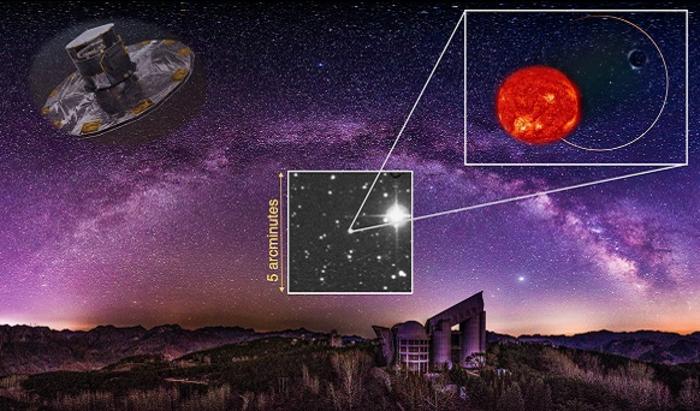Dawn will study asteroid Vesta for a year before departing for a second destination, a dwarf planet named Ceres, in July 2012. Observations will provide unprecedented data to help scientists understand the earliest chapter of our solar system. The data also will help pave the way for future human space missions.
“Today, we celebrate an incredible exploration milestone as a spacecraft enters orbit around an object in the main asteroid belt for the first time,” NASA Administrator Charles Bolden said. “Dawn’s study of the asteroid Vesta marks a major scientific accomplishment and also points the way to the future destinations where people will travel in the coming years. President Obama has directed NASA to send astronauts to an asteroid by 2025, and Dawn is gathering crucial data that will inform that mission.”
The spacecraft relayed information to confirm it entered Vesta’s orbit, but the precise time this milestone occurred is unknown at this time. The time of Dawn’s capture depended on Vesta’s mass and gravity, which only has been estimated until now. The asteroid’s mass determines the strength of its gravitational pull. If Vesta is more massive, its gravity is stronger, meaning it pulled Dawn into orbit sooner. If the asteroid is less massive, its gravity is weaker and it would have taken the spacecraft longer to achieve orbit. With Dawn now in orbit, the science team can take more accurate measurements of Vesta’s gravity and gather more accurate timeline information.
Dawn will study asteroid Vesta for a year before departing for a second destination, a dwarf planet named Ceres, in July 2012. Observations will provide unprecedented data to help scientists understand the earliest chapter of our solar system. The data also will help pave the way for future human space missions.
“Today, we celebrate an incredible exploration milestone as a spacecraft enters orbit around an object in the main asteroid belt for the first time,” NASA Administrator Charles Bolden said. “Dawn’s study of the asteroid Vesta marks a major scientific accomplishment and also points the way to the future destinations where people will travel in the coming years. President Obama has directed NASA to send astronauts to an asteroid by 2025, and Dawn is gathering crucial data that will inform that mission.”
The spacecraft relayed information to confirm it entered Vesta’s orbit, but the precise time this milestone occurred is unknown at this time. The time of Dawn’s capture depended on Vesta’s mass and gravity, which only has been estimated until now. The asteroid’s mass determines the strength of its gravitational pull. If Vesta is more massive, its gravity is stronger, meaning it pulled Dawn into orbit sooner. If the asteroid is less massive, its gravity is weaker and it would have taken the spacecraft longer to achieve orbit. With Dawn now in orbit, the science team can take more accurate measurements of Vesta’s gravity and gather more accurate timeline information.

